Water Convention
About
The Water Convention is a platform for gathering professionals and technology providers from around the world to share their knowledge, practical experiences and novel technologies to address the current and emerging water challenges under the following themes:
The Water Convention technical programme focuses on spurring knowledge sharing, fruitful discussions and engaging debates among water leaders and practitioners through high quality presentations on technological innovations, management strategies and best practices.
Important Dates
|
Launch of call for workshop proposals |
6 October 2025 |
|
Submission deadline for abstracts |
28 November 2025 |
|
Submission deadline for workshop proposals |
16 January 2026 |
|
Notification of acceptance |
6 February 2026 |
|
Deadline for presenter acceptance |
27 February 2026 |
|
Deadline for presenter registration |
10 April 2026 |
|
Submission deadline for presentation materials (poster) |
22 May 2026 |
|
Submission deadline for presentation materials (presentation slides) |
5 June 2026 |
|
SIWW2026 Water Convention |
15 – 19 June 2026 |
Submit your workshop proposals by 16 January 2026.
Registration Fees
| SIWW2026 Water Convention Authors (Oral/ Poster Presenters) | %Discount | Price |
| High-Income Countries | 30% | S$2,100 |
| Lower to Middle Income Countries | 40% | S$1,800 |
| Low-Income Countries | 60% | S$1,200 |
| Students | 70% | S$900 |
Be A Reviewer
As a reviewer, you will evaluate submitted abstracts and help shape a high-quality programme for the SIWW2026 Water Convention. You will also gain valuable opportunities for professional development and personal growth. Reviewers will receive a 20% discount on standard registration fee and a Certificate of Appreciation (upon request).
Contact Information
For any enquiries, please email the Water Convention Secretariat at waterconvention@siww.com.sg.Message from the Co-chairs of the SIWW2026 Water Convention Programme Committee
Click to view the Co-Chairs message
-

Bernard Koh
- Assistant Chief Executive (Future Systems & Technology)
- PUB, Singapore's
National Water Agency - (Singapore)
-

Darryl Day
- Principal and Director
- Wongulla Waters Pty Ltd
- (Australia)
A cornerstone event of SIWW - the Water Convention, co-organised by PUB, Singapore’s National Water Agency, and the International Water Association (IWA), provides a dynamic platform for water professionals to share cutting-edge research, breakthrough technologies, and best practices. The 2024 edition drew over 2,200 delegates from 71 countries and regions, featuring more than 350 oral and poster presentations across six Hot Issues Workshops and 47 technical sessions, highlighting the event’s growing impact on the global water community.
Building on this success, the SIWW2026 Water Convention will address the full spectrum of water challenges - from resilient networks and advanced treatment to efficient reuse, climate resilience, flood protection, and coastal defense, while safeguarding water quality, public health, and driving resource circularity for a sustainable future.
We hope the insights that will be shared at SIWW2026 Water Convention will inspire new collaborations, spark innovative solutions, and contribute to a more sustainable global water future. We invite you to submit your abstracts and share your expertise with an international audience of water professionals.
We look forward to meeting you in Singapore at the SIWW2026 Water Convention.
Programme Committee
Click to view the Programme Committee members
Theme 1: Water Network
Theme Leader
-

Amir Cahn
- Chief Executive Officer
- Smart Water Networks Forum (SWAN)
- (United Kingdom)
Programme Committee Members
-

Albert Cho
- Senior Vice President and
Chief Strategy and External Affairs Officer - Xylem Inc.
- (USA)
- Senior Vice President and
-

Enrique Cabrera
- Professor of Fluid Mechanics
- Universitat Politècnica de València (UPV)
- (Spain)
-

Kah Cheong Lai
- Senior Deputy Director
- PUB, Singapore’s National Water Agency
- (Singapore)
-

Martine Louise Watson
- Chief Digital & Information Officer
- Urban Utilities
- (Australia)
-
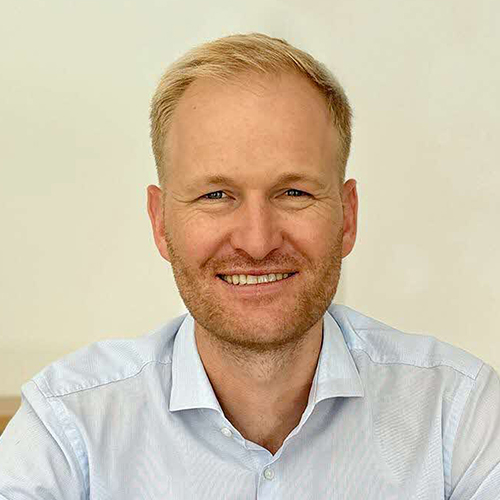
Tertius Rust
- Founder and Executive Director
- The Innovation Consulting Company
- (South Africa)
-

Zdravka Do Quang
- Group Innovation Programs Officer
- SUEZ
- (France)
Theme 2: Water Treatment
Theme Leader
-
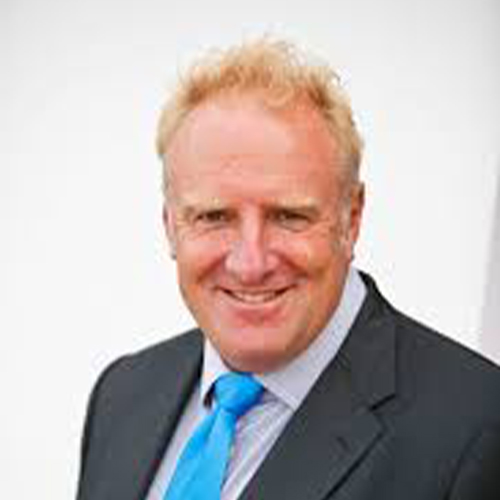
Jonathan Clement
- Director Global Advanced Water Solutions
- Ramboll
- (Singapore)
Programme Committee Members
-
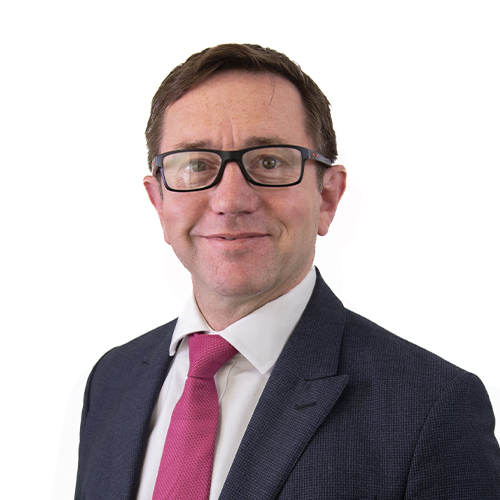
Bob Stear
- Chief Engineer
- Severn Trent
- (United Kingdom)
-
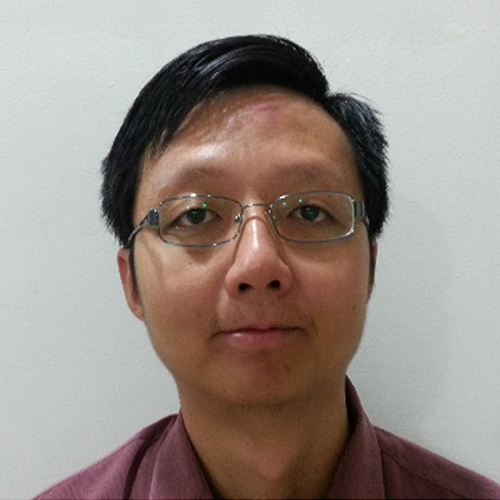
Key Wee Ong
- Chief Specialist, Potable Water Treatment
- PUB, Singapore’s National Water Agency
- (Singapore)
-
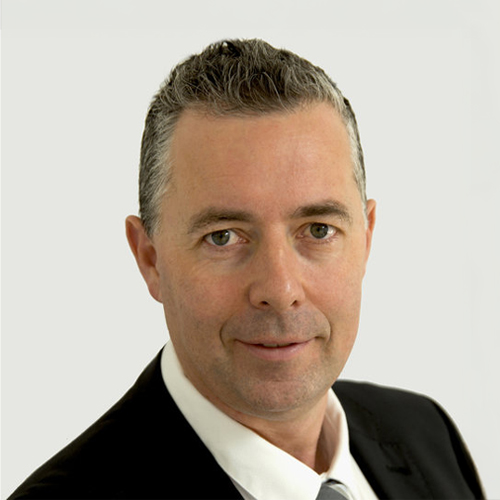
Michael Storey
- Director of Innovation
- SUEZ Australia & New Zealand
- (Australia)
-

Nikolay Voutchkov
- Founder and the Director General
- Water Globe Consultants
- (Saudi Arabia)
-
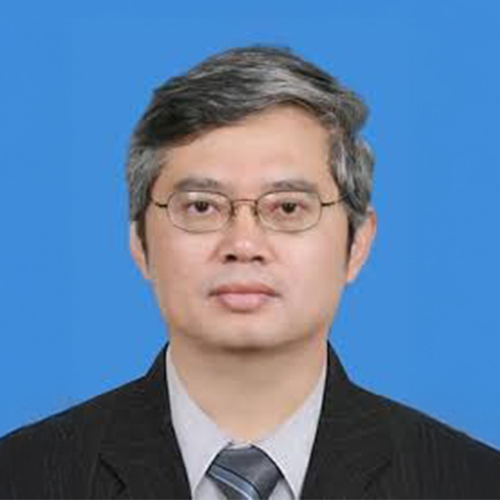
Min Yang
- Deputy Director
- Research Center for
Eco-Environmental Sciences (RCEES) - (China)
Theme 3: Used Water Management, Reuse and Industrial Water Solutions
Theme Leader
-
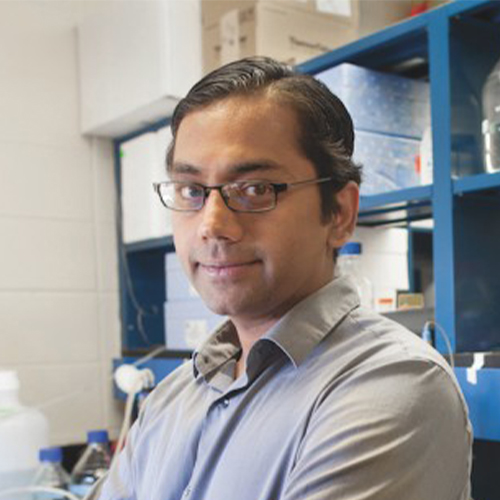
Kartik Chandran
- Professor of Earth and Environmental Engineering
- Columbia University
- (USA)
Programme Committee Members
-
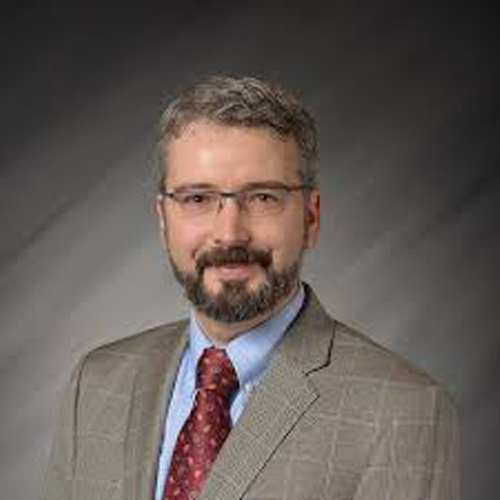
Andrew Robert Shaw
- Associate Vice President and Global Practice & Technology Leader
- Black & Veatch
- (USA)
-
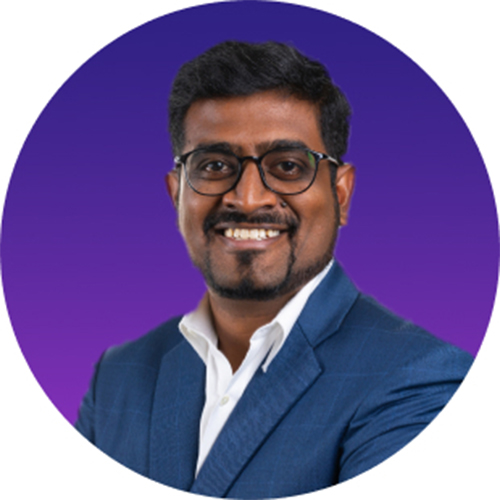
Govind Alagappan
- President
- Gradiant
- (Singapore)
-
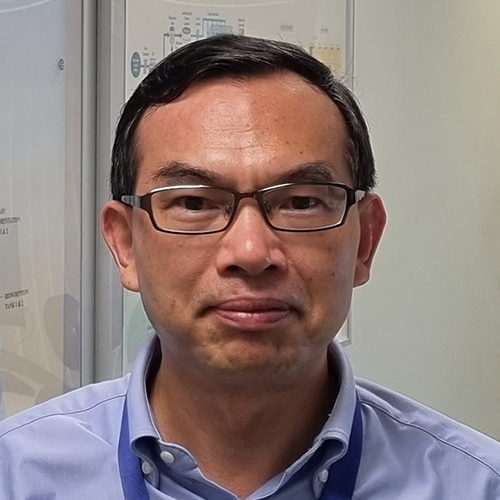
Guihe Tao
- Chief Specialist, Used Water Treatment
- PUB, Singapore’s National Water Agency
- (Singapore)
-
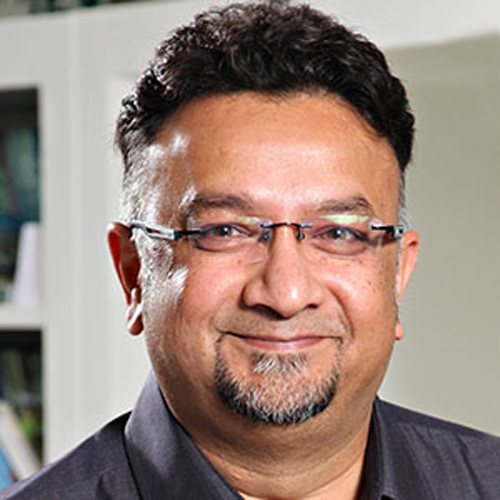
Jay Bhagwan
- Executive Manager, Water Use and Waste Management
- Water Research Commission
- (South Africa)
-
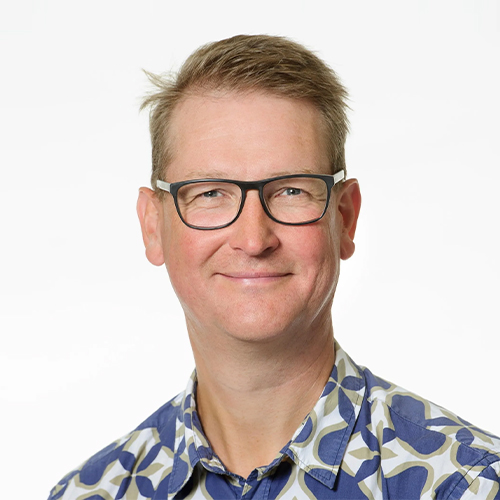
Mads Leth
- Chief Executive Officer
- VCS Denmark
- (Denmark)
-

Mark van Loosdrecht
- Professor
- Delft University of Technology
- (The Netherlands)
-
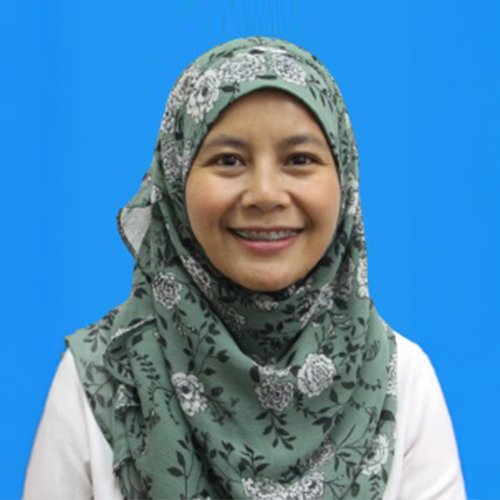
Norhayati binti Abdullah
- Associate Professor
- Tokyo City University
- (Malaysia)
-

Susan Moisio
- Senior Vice President & Global Water Market Director
- Jacobs
- (USA)
Theme 4: Climate Resilient Cities, Flood Management and Coastal Protection
Theme Leader
-
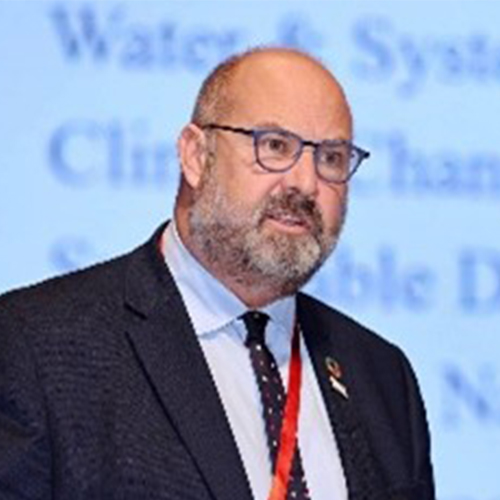
Mark Fletcher
- Director
- Arup
- (United Kingdom)
Programme Committee Members
-
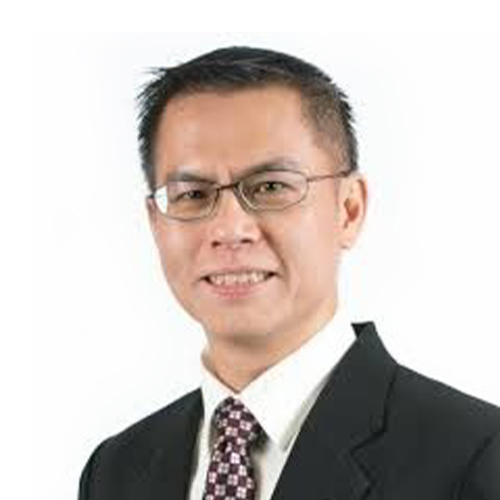
Chai Teck Ho
- Deputy Director, Coastal Protection Department
- PUB, Singapore's National Water Agency
- (Singapore)
-

Pritha Hariram
- Head of Water Infrastructure and Climate Adaptation
- Ramboll
- (Singapore)
-
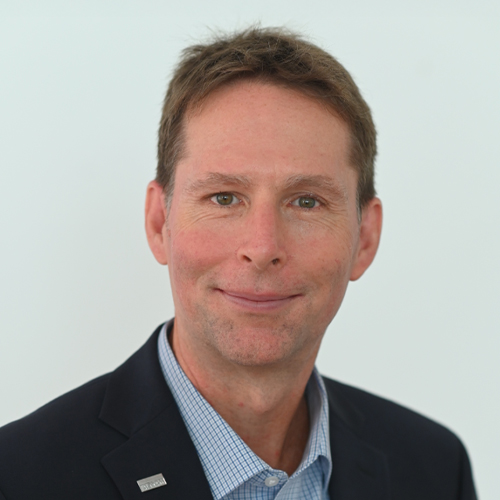
Scott Dunn
- Chief Strategy Officer, Asia
- AECOM
- (Singapore)
-

Thomas Pang
- Senior Assistant Director, Catchment & Waterways Department
- PUB, Singapore’s National Water Agency
- (Singapore)
-
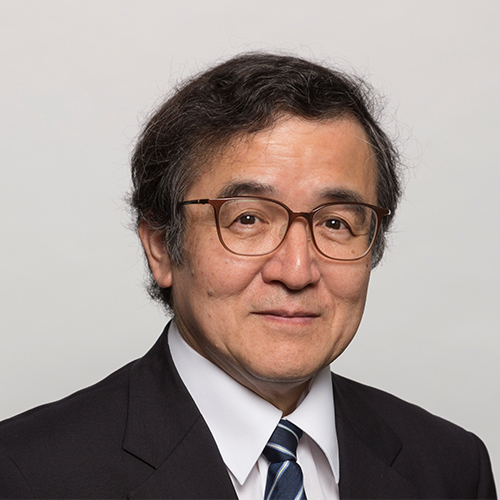
Tomoya Shibayama
- Institute Professor at Research and Development Initiative
- Chuo University
- (Japan)
-
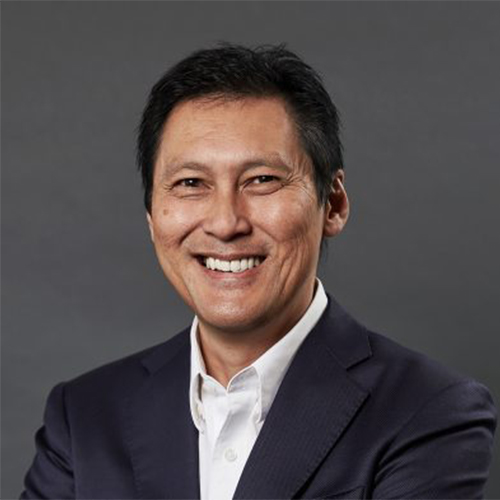
Tony Wong
- Distinguished Professor of Sustainable Development
- Monash University
- (Australia)
Theme 5: Water Quality and One Health
Theme Leader
-
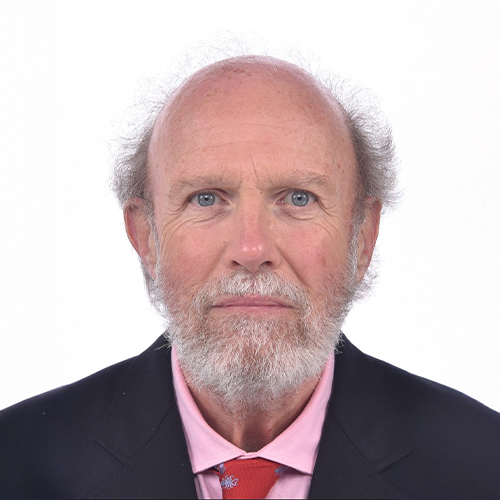
Robert Bos
- Independent Consultant
- Public Health, Environment, Water and Sanitation
- (Switzerland)
Programme Committee Members
-
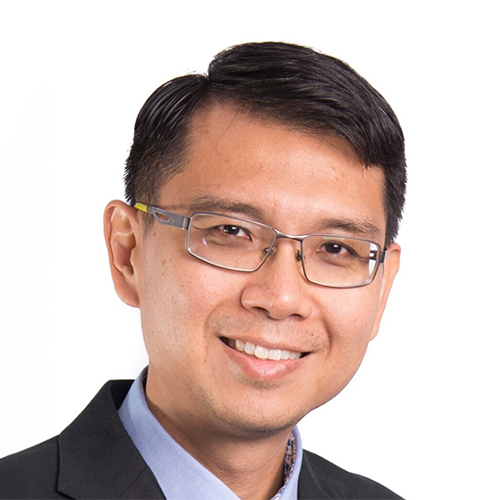
Chee Meng Pang
- Director, Water Quality Department
- PUB, Singapore’s National Water Agency
- (Singapore)
-
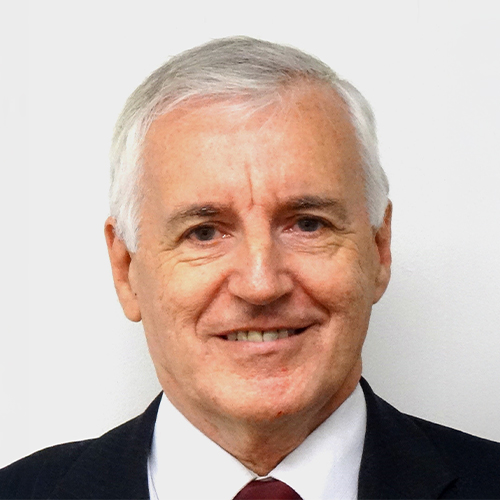
David Cunliffe
- Principal Water Quality Adviser
- SA Health
- (Australia)
-

Fiona Waller
- Independent Consultant
- (United Kingdom)
-
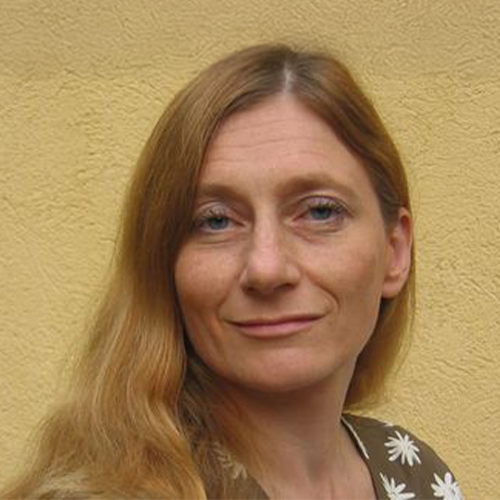
Regina Sommer
- Head of Unit Water Hygiene and Co-Head ICC Water & Health
- MedUni Vienna
- (Austria)
-

Ruchika Shiva
- Director - South Asia Regional Programme
- IRC International Water and
Sanitation Centre (IRCWASH) - (India)
Theme 6: Nexus and Resource Circularity
Theme Leader
-
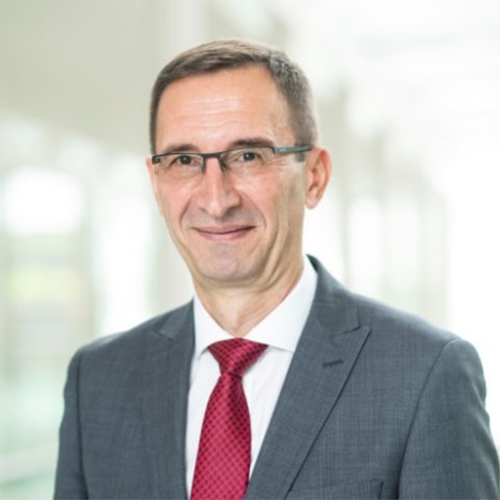
Dragan Savic
- Global Advisor
Digital Sciences - KWR Water Research Institute
- (The Netherlands)
- Global Advisor
Programme Committee Members
-
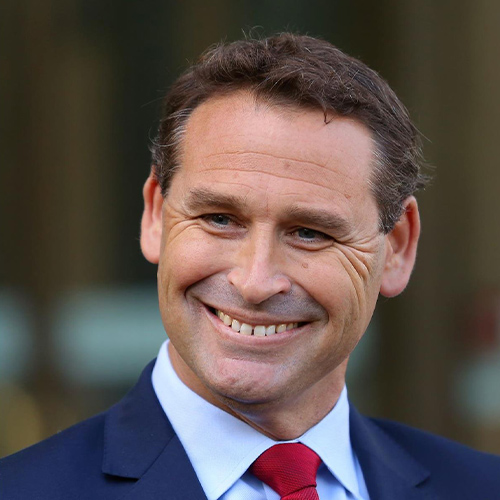
Adam Lovell
- Executive Director
- Water Services Association of Australia (WSSA)
- (Australia)
-

Despo Fatta-Kassinos
- Professor
- University of Cyprus
- (Cyprus)
-
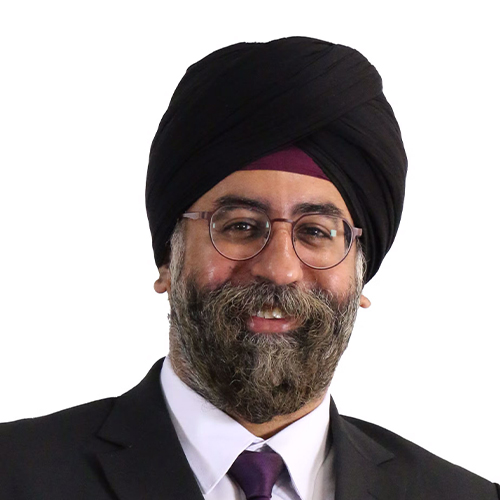
Gurdev Singh
- Chief Engineering & Technology Officer
- PUB, Singapore’s National Water Agency
- (Singapore)
-
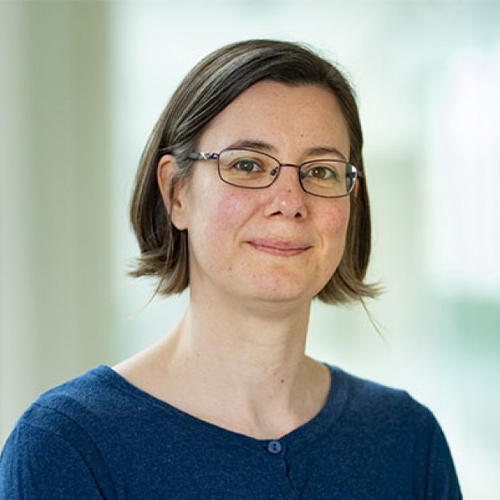
Heather Smith
- Senior Lecturer in
Water Governance - Cranfield University
- (United Kingdom)
- Senior Lecturer in
-

Lucy Thomas
- RSK Group Board Director, Chief Scientist and Regional Operations, Africa
- RSK Group
- (United Kingdom)
-
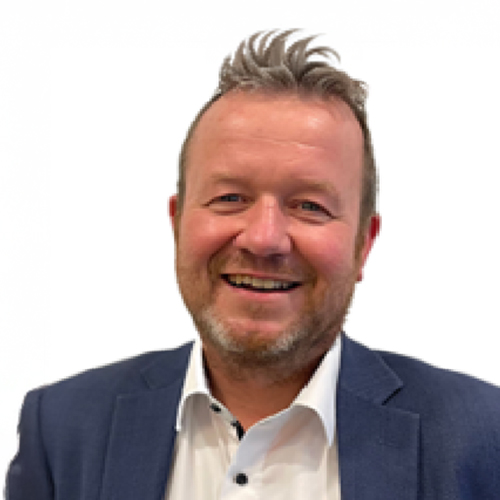
Wilbert Menkveld
- Chief Technology Officer
- Nijhuis Saur Industries
- (The Netherlands)
Themes and Topics
Theme 1: Water Network
The water industry is undergoing a transformative evolution as utilities embrace innovative approaches to address growing climate, data management, workforce, and customer service challenges. AI-driven solutions can provide predictive insights while workforce development has taken center stage, with continuity planning and new business models fostering innovation and digital transformation. These advancements enable more efficient operations and customer engagement; however, successful implementation requires balancing technological advancement with human-centered approaches that ensure solutions are embraced by both operators and consumers.
This theme explores the latest innovations, best practices, and case studies in creating sustainable water networks that address both technical and social dimensions of modern water management.
| 1.1 | Strategic Planning & Climate Resilience
|
||||||||||||||||
| 1.2 | Data Management and Cybersecurity
|
||||||||||||||||
| 1.3 | Asset Management & Operational Efficiency
|
||||||||||||||||
| 1.4 | Workforce Development & Digital Transformation
|
||||||||||||||||
| 1.5 | Customer Engagement & Conservation
|
Theme 2: Water Treatment
Cities worldwide face the challenge of limited freshwater supply, prompting them to diversify their water sources to become more resilient. As treatment technologies continue to advance, there is an increasing focus on making the process more sustainable by reducing energy requirements, exploring beneficial reuse of brine, and harvesting energy from waste streams. Additionally, these technologies have to be adaptable to the future impacts of climate change, for instance by designing treatment processes that can cope with changing water quality. While ensuring a sufficient and sustainable water supply is critical, it is equally important to ensure that the water supplied is of the highest possible quality. To this end, water utilities are applying advanced technologies that can effectively treat and remove contaminants of emerging concern and specific groups of contaminants that are resistant to conventional processes. Water utilities are also exploring the use of innovative sensors and digital solutions to support them in plant operations, maintenance, and optimisation.
| 2.1 |
Water Treatment Technologies and Innovations Focus: Core technologies for treating water and removing contaminants
|
||||||||||||||||||||
| 2.2 | Desalination and Brine Management Focus: Cutting-edge desalination methods, energy optimization, and brine reuse
|
||||||||||||||||||||
| 2.3 | Water Reuse and Resource Recovery Focus: Potable and non-potable reuse, ecological systems, and sustainability
|
||||||||||||||||||||
| 2.4 | Smart and Digital Water Systems Focus: Digital transformation of water systems using AI, IoT, and XR tech
|
||||||||||||||||||||
| 2.5 | Sustainability, Climate Resilience and Decarbonisation Focus: Climate adaptation, emissions reduction, and future-proofing systems
|
Theme 3: Used Water Management, Reuse and Industrial Water Solutions
A. Treatment
B. ReuseC. Industrial Applications
In our pursuit of a sustainable future, the perception of wastewater has changed from being something unwanted to a beneficial resource. This shift drives the desire to extract as much water, energy, and valuable materials from wastewater as possible. A growing number of technologies have been developed to enhance energy generation during treatment and reuse of both domestic and industrial wastewater (or alternatively, ‘used water’) streams. Meanwhile, to mitigate climate change, attempts are made to reduce the overall carbon footprint of wastewater management including nitrous oxide and methane emissions. There is an upward trend in recovering and reusing material resources from waste streams, including for industrial and commercial applications. For the remaining wastewater effluent, a high quality is targeted for reuse applications, potentially in part through the use of membrane technologies and processes. Besides looking into new innovations, efforts are also placed in improving the efficiencies of existing processes and explore linkages between domestic and industrial applications to enhance overall system sustainability. This theme welcomes abstracts examining best practices and innovative technologies for sustainable and economically viable centralised or decentralised treatment, reuse and management of domestic and industrial wastewater and the resources embedded therein.
D. Conveyance
Sewers are vital for the sanitary conveyance of wastewater to treatment facilities. To ensure that sewers can carry out their function well, proper operation and maintenance are necessary. Utilities are taking a more proactive approach in these areas with the help of digitalisation and intelligent technologies. In sewer operation, analytics and management tools are employed with real-time sensors and meters for detecting and predicting blockages, inflows, and infiltrations. It is equally important to examine the quality of the wastewater discharged into sewers as it affects downstream treatment processes. In maintenance, advanced inspection equipment is deployed for sewer inspection, cleaning, and rehabilitation. The necessity for cutting-edge technologies becomes more apparent as large sewers are laid more deeply in the increasingly urbanised cities. Such deep tunnel sewage systems require innovative solutions for monitoring the tunnel’s structural integrity and conveyance condition. Abstracts looking into novel technologies, best practices and applied research for wastewater networks in the areas below are welcomed.
3A Treatment
| 3A.1 | Basic and Advanced Wastewater Treatment
|
| 3A.2 | Process Innovations for Enhanced Wastewater Treatment
|
| 3A.3 | Towards Net Zero Climate-Sensitive Wastewater Treatment
|
| 3A.4 | Asset Management and infrastructure resilience
|
| 3A.5 | Advanced Monitoring and Measurement of Wastewater Contaminants
|
| 3A.6 | Applications of Advanced Process Modeling, Machine Learning, and Artificial Intelligence to Enhance Process Operations
|
| 3A.7 | Wastewater Treatment and Management in Developing Regions
|
| 3A.8 | Decentralised Wastewater Treatment and Water-Efficient Sanitation Systems for Onsite Treatment and Reuse
|
3B Reuse
| 3B.1 | Innovation for Efficient Reuse and Recovery
|
3C Industrial Applications
| 3C.1 | Innovations in Management, Treatment and Reuse for Industrial Applications
|
3D Conveyance
| 3D.1 | Networks
|
| 3D.2 | Asset Management, Renewal and Rehabilitation
|
| 3D.3 | Operations
|
| 3D.4 | Asset Management- Predictability, Performance and Reliability
|
| 3D.5 | Deep Tunnel Sewerage Systems
|
Theme 4: Climate Resilient Cities, Flood Management and Coastal Protection
Climate Resilient Cities
Cities comprise interconnected systems - transport, water, planning energy and more. Over time, these systems have developed and significantly altered our natural environment, especially the water cycle. Climate Change is now affecting this already-modified natural system, causing more frequent and extreme impacts through shocks (short-duration) and stresses (longer-term) events. Increasingly, we will need to deal with ‘too much water’ from pluvial (stormwater), fluvial(riverine), tidal/coastal and groundwater flooding in certain seasons. At the same time, we must grapple with ‘too little water’, such as drought and water stress in other seasons. In addition, climate driven impacts such as coastal flooding and saline intrusion are also compromising water quality. Building resilience to these complex water-related impacts therefore requires a deep understanding of the dependencies and inter-dependencies between these systems. It is therefore extremely important that cities adapt quickly in the face of changing climate and develop strategies that can operate effectively to deal with the deep uncertainties that come along with it.
Flood Management and Coast Protection
We must adapt to changing boundary conditions such as sea level rise, groundwater fluctuations or changes in river flow as well as changing rainfall intensity. To minimise the damage arising from potential floods, we need to invest in a myriad of measures and infrastructure in response to changing environmental challenges. These efforts can be supported by implementing flood warning systems, evacuation planning, and best practice guidelines, such as relocating high-value or vulnerable assets beyond the impact, enhancing resilience to properties or adopting contingency measures to reduce risk. Upstream storage and soaking up or slowing down overland flow are possible strategies to help attenuate flooding. Similarly, off-line storage, aquifer storage and recovery, water demand reduction,conservation measures and land-use changes can help preserve water resources and improve water security.
The Role of Nature
There is an increasing trend in working closely with natural processes for building resilience against climate change. The growing interest in implementing nature-based or hybrid solutions is a compelling indication that more research and understanding in the role of nature in our adaptation efforts are required. When applied under the right conditions, nature-based solutions such as mangroves would be effective as coastal protection measures. It is becoming increasinlgy important to recognise and value the environmental and social benefits that nature provides as part of a holistic resilience strategy.
| 4.1 | Decision-Making Under Deep Uncertainty Urban climate resilience inherently involves managing unpredictable challenges as well as learning to live with uncertainties and impacts that will require a holistic view including risk management and preparedness. The topic would give us good opportunities to explore robust frameworks and innovative tools for decision-making, ensuring that our strategies can adapt to volatile conditions. |
| 4.2 | Practical Experience of City Water Resilience to Shocks (Short Duration Events e.g. Pluvial Flooding) And Stresses (Incremental Events e.g. Sea Level Rise) |
| 4.3 | Flood Forecasting, Smart Monitoring, Early Warning, Flood Preparedness And Real-Time Operational Control |
| 4.4 | Role Of Total Value (Social Capital, Natural Capital) In Building City Water Resilience |
| 4.5 | Prediction Of Future Climate And Its Influence On Coastal Vulnerability Due to global warming and the resulting changes in local climate, the behaviors of low-pressure systems, such as typhoons in the northern Pacific, cyclones in the Indian Ocean, and hurricanes in the North Atlantic, are changing rapidly. Their intensities increase, and their routes differ from traditional ones. Therefore, storm surges and wind waves change the risks to coasts worldwide. Predicting their future influence on coastal cities is a key issue for coastal cities worldwide. |
| 4.6 | Role Of Water Utilities In Building Citywide Resilience Urban water utilities around the world are facing significant challenges:
Around the world, much effort has been made to envisage the roles and functions of urban water utilities of the future. As this vision becomes clearer, so too has the size and breadth of action needed to achieve it. Transitioning to a utility of the future will see water utilities:
SIWW invites urban water utilities to showcase their strategic and implementation plans and achievements thus far in transitioning into water utilities of the future and in strengthening citywide resilience. |
Theme 5: Water Quality and One Health
Water professionals and practitioners continue to face challenges at all levels, from the impact of extreme weather events on infrastructure to a growing imbalance between water scarcity and expanding populations, and threats related to emerging pollutants, spreading anti-microbial resistance and distribution system associated pathogens such as Legionella. The Report of the Global Commission on the Economics of Water (October 2024) places the hydrological cycle at the centre of current thinking about the ways humanity can optimize its management of the planet’s water resources and arrive at innovative solutions that address the impending water crisis. By valuing the hydrological cycle as a global common good, a new framework is created to address climate change, biodiversity loss, water quality and scarcity, and basic human needs in a One Water approach. That framework also acknowledges planetary health, human, animal and environmental health (One Health) and community health as a continuum. The associated entry points are reflected in the seven broad topic areas that follow, which make up the scope of Theme 5. Assessing and managing water quality in the planning, design and delivery of water and sanitation services and of wastewater management require ever more sophisticated methods of on-line detection, monitoring and surveillance where research results can be easily transformed into practical and cost-effective applications for evidence strengthening and regulation. Increasingly, they will have to deal with established and emerging chemical pollutants and microbial contaminants using the rapidly evolving AI opportunities.
| 5.1 | Public Health, Environmental And Agricultural Perspectives Of Antimicrobial Resistance (AMR/ARG) In Drinking Water, Wastewater, Recycled Water – Monitoring, Regulations, Recreational Water Quality, Livestock Management, Mechanisms Of Gene Transfer
|
| 5.2 | Expect The Unexpected: Managing Emerging Pollutants And Contaminants – Regulations, Challenges Of Emerging Contaminants Due To Climate Change, Capacity, Capability And Jurisdiction Of Utilities To Respond, Water Operator Partnerships
|
| 5.3 | Impact of climate change and extreme weather conditions on source water quality, including risk assessments and adaptation and resilience measures
|
| 5.4 | From The Big To The Small Hydrological Cycle - Innovative Technologies And Solutions For Monitoring And Treatment Of Wastewater For Agricultural, Aquacultural And Potable Re-Use, Cost-Effective And Mobile Disinfection Systems
|
| 5.5 | Drinking Water Supply And Sanitation Services For People On The Move - Provision Of Such Services For Small Migrant Populations Or For Long-Term Refugee Conditions In An Increasingly Unstable World
|
| 5.6 | Intersectoral Action And Institutional Arrangements To Support The One Water – One Health Integration – Integrated Policy, Strategy, Legal And Regulatory Efforts At Regional, National, Local And Community Levels
|
| 5.7 | SDGS Post-2030 - Ensuring Safe And Clean Drinking Water And Sanitation Services For Rural And Remote Communities, Including Community Engagement And Participation As Well As Communication Efforts In Monitoring And Management
|
Theme 6: Nexus & Resource Circularity
Advancing Circular Water Systems – From Innovation to Implementation
The water sector has made significant strides in adopting circular economy principles, moving beyond closing the water loop through advanced treatment to integrating resource recovery, decarbonization, and systemic resilience. Achieving this requires a holistic approach that bridges technology, governance, ecology, and socio-economic enablers.
This theme invites abstracts on sustainable frameworks, strategies, and case studies that address six critical pillars of circular water systems:
- Governance, Policy, and Stakeholder Collaboration
- Policy design, participatory planning, and multi-actor engagement to legitimize, incentivize and scale circular solutions.
- Technology, Innovation, and Digitalization
- Cutting-edge treatment, resource recovery, and smart water management to optimize circular loops.
- Nature-Based Solutions and Ecological Regeneration
- Harnessing ecosystems for water resilience and valuing natural capital in circular designs.
- Decarbonization and Energy Efficiency
- Integrating low-carbon technologies, carbon capture, and energy-neutrality in circular water systems.
- Risk and Regulatory Challenges
- Mitigating contaminants, harmonizing regulations and standards, and safeguarding public health in circular transitions.
- Enablers: Finance, Education, and Business Models
- Innovative financing, workforce development, and scalable business cases for circular water.
We welcome contributions that adopt systems thinking and cross-sectoral nexus approaches, highlighting synergies between water, energy, and resource sectors. Abstracts may explore technological breakthroughs, policy frameworks, ecological integration, or lessons learned from implementation—all with the shared goal of accelerating the water sector’s transition to a circular economy.
| 6.1 | Governance, Policy, and Stakeholder Engagement These topics focus on the institutional, regulatory, and participatory aspects of circular water systems, emphasizing policy frameworks, multi-actor collaboration, and public involvement to ensure legitimacy and adoption.
|
||||||||||
| 6.2 | Technology and Innovation for Circular Systems These topics centre on technological advancements, data-driven management, and infrastructure integration to enable efficient resource recovery, system optimization, and real-time monitoring.
|
||||||||||
| 6.3 | Nature-Based Solutions and Ecological Resilience The two sub-topics emphasize ecological approaches to circularity, leveraging natural processes, ecosystem restoration, and accounting for natural capital to enhance sustainability and cost-effectiveness.
|
||||||||||
| 6.4 | Decarbonization and Energy Efficiency This group highlights strategies to reduce carbon footprints in water systems, linking resource recovery with energy efficiency and broader decarbonization goals.
|
||||||||||
| 6.5 | Risk and Regulatory Challenges - Threats to Circularity: Emerging Contaminants and Regulatory Challenges This stands alone as a critical risk-focused theme, addressing contaminants and regulatory hurdles that could undermine circular water initiatives. The four sub-themes transform a single risk topic into four governance/technical pillars, addressing (1) contaminants (2) policy (3) analysis and (4) societal trust.
|
||||||||||
| 6.6 | Enabling Frameworks: Finance, Education, and Business Models These topics cover implementation drivers: economic mechanisms (finance/business models) and human capital (education/workforce development) needed to scale circular systems. The four sub-themes distinguishes economic (1, 2) from human capital (3, 4) enablers, ensuring holistic adoption. The fifth adds case studies and business models.
|
Abstract Submission Procedures
Click here to read more
- SUBMISSION OVERVIEW
- Authors can submit abstracts for either oral or poster presentations.
- Submissions should be made online through the submission system. The author must fill in all the information requested by the submission system and attach the abstract using the provided template.
- Abstracts should be limited to three A4-sized pages including figures, tables and references, and must contain adequate information to allow a sound referee review.
- The deadline for submission of abstracts is 28 November 2025. The abstracts will be peer reviewed for selection and the authors will be notified about the acceptance of their paper for presentation on 6 February 2026.
- SELECTION GUIDELINES
- Selection criteria include high technical quality, relevance to the themes/topics, and high information content. Abstracts which are deemed commercial in nature will not be accepted.
- The authors are strongly encouraged to submit the full papers once their abstracts have been accepted. Full papers will be further reviewed and considered for publication in IWA’s Journal.
- REGISTRATION FEES
- All accepted oral and poster presenters are required to register for the Water Convention and pay for the conference registration fees.
- The presentations will only be listed in the Convention programme upon receipt of the registration fees.
Co-organisers
Click here to read more
About the Co-organisers

|
International Water Association (IWA) The International Water Association is the organisation that brings together science and practice of water management in order to reach a world in which water is wisely managed to satisfy the needs of human activities and ecosystems in an equitable and sustainable way. The IWA is a global knowledge hub and international network for water professionals and anyone concerned about the future of water. We bring together know-how and expertise to instigate ground-breaking solutions. |

|
PUB, Singapore’s National Water Agency
PUB is a statutory board under the Ministry of Sustainability and the Environment (MSE). It is the national water agency, which manages Singapore’s water supply, water catchment, and used water in an integrated way. From April 2020, PUB also took on the responsibility of protecting Singapore’s coastline from sea-level rise as the national coastal protection agency.
PUB has ensured a diversified and sustainable supply of water for Singapore with the Four National Taps (local catchment water, imported water, NEWater, desalinated water). PUB leads and coordinates whole-of-government efforts to protect Singapore from the threat of rising seas and the holistic management of inland and coastal flood risks.
PUB calls on everyone to play a part in conserving water, in keeping our waterways clean, and in caring for Singapore’s precious water resources. If we all do our little bit, there will be enough water for all our needs – for commerce and industry, for living, for life.
|
